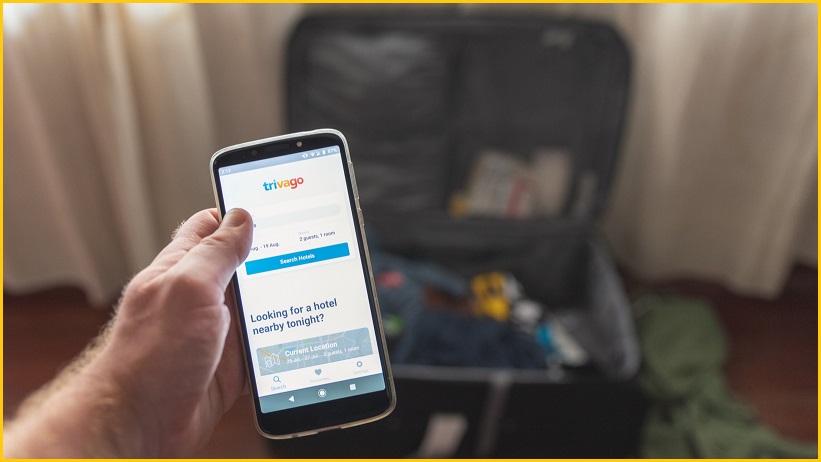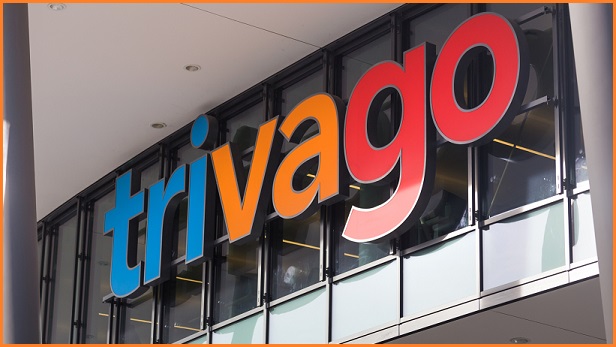Hotel booking site Trivago has been ordered to pay $44.7m in penalties after a Federal Court concluded the site breached Australian Consumer Law by tricking customers into believing they were getting the cheapest rates available for a given hotel.
Trivago, a German company owned by US travel giant Expedia, had built a high-profile business based on claims that it would help consumers find the best price on hotel rooms.
“You’re searching heaps of websites looking for the best hotel deal,” a 2017 TV advertisement said in explaining the Expedia-owned company’s business model.
“Stop doing that to yourself; let Trivago do it for you. Trivago compares prices from hundreds of websites and apps at the same time. It’s that simple.”
“Instead of searching for hours or spending too much,” says another, “Trivago makes it easy for you to find the ideal hotel for the best price.”
The company’s TV advertising was “highly misleading,” Federal Court justice Mark Moshinsky wrote in the latest judgement, which found the $44.7m fine – which represents around 8 per cent of Trivago’s 2021 revenues of $560m ($US420m) – is “appropriate in the circumstances of this case” and “necessary to achieve the purposes of specific and general deterrence.”
An extensive ACCC investigation found in 2018 that, despite its claims of offering consumers the best possible price on a hotel room, Trivago was using an algorithm that favoured offers from whichever booking site paid Trivago the highest cost-per-click fee.
Trivago amplified the deception by prominently featuring ‘strike-through prices’ that purported to demonstrate customers’ savings – but often featured a higher comparison price that was actually the price for a different, luxury room.
That gave consumers the “false impression that Trivago’s rates represented a saving,” ACCC chair Gina Cass-Gottlieb said in announcing the penalty.
“The way Trivago displayed its recommendations meant consumers were misled into thinking they were getting a great hotel deal when that was not the case.”

Consumers depended on Trivago for the lowest price on a hotel room. Photo: Shutterstock
Trivago’s site “often did not highlight the cheapest rates for consumers,” she added, noting that Trivago’s conduct “took advantage of consumers’ desire to find the best deal”.
Analysis of Trivago’s website logs confirmed consumers’ hunger for good deals, with 111 million clicks noted between December 2016 and September 2019 – 104 million of which related to customers clicking on the most prominent offer.
Of these, 57 million clicks were for pricing offers that were not the cheapest offer – netting Trivago approximately $58 million in cost-per-click fees on offers that weren’t the cheapest available for any given hotel room.
This happened in 66.8 per cent of cases – causing consumers to pay an extra $38m during the period than they otherwise would have.
Clamping down on deceptive pricing
The fines mark the end of a four-year battle by the ACCC, which first began pursuing Trivago in August 2018 and in January 2020 won a Federal Court victory that was upheld on appeal.
The Federal Court victory was seen as a “major ACCC win” in a HWL Ebsworth Lawyers analysis, which heralded it as a reminder of “the importance of ensuring that any comparison tools or representations offered for use by consumers accurately depict the nature of the search results and the benefit (if any) to consumers if they rely on such results.”
The ACCC offers extensive guidance for companies wanting to avoid falling foul of advertising and pricing rules, with guidelines around two-price advertising spelling out the expectations placed on companies under Australian Consumer Law.
“A critical issue is whether relevant consumers would have paid the ‘was’ or ‘strike through’ price to purchase that item for a reasonable period before the sale commenced,” the guidance says.
Companies should keep records “substantiating any two-price price claim”, it adds, noting that such information may be required for regulatory investigations.
The hefty penalty reflects the results of an ACCC crackdown on deceptive pricing that saw potential penalties increased in 2018.
Comparison site iSelect was fined $8.5m in 2020 after its commission-based recommendations were found to be skewed towards certain providers.
Months later, travel company STA Travel copped a $14m penalty for a sustained deceptive campaign in which the company sold a product promising fee-free ticket changes, then charged customers for changes even when airlines had not imposed a fee for the change.
In 2019, the ACCC pursued online retailer Kogan for a deceptive tax-time pricing campaign that resulted in a fine of just $350,000.
The magnitude of the latest penalty, Cass-Gottlieb said, “sends a strong message not just to Trivago, but to other comparison websites, that they must not mislead consumers when making recommendations.”










